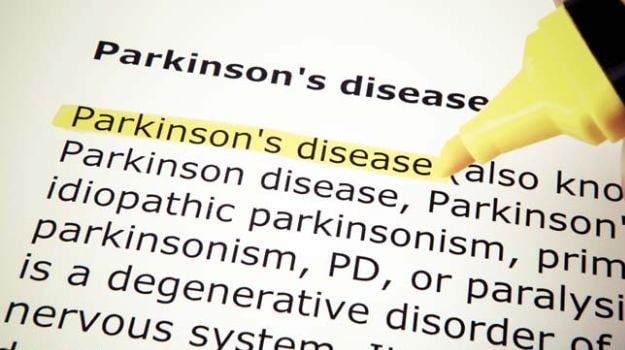For this study, researchers analysed data on 80,736 women and 48,610 men. This large study and its results were published online in the journal called "Neurology", which is the medical journal of the American Academy of Neurology. The participants in these studies were expected to fill and complete health questionnaires every two years and diet questionnaires every four years. The dietary questionnaire was used to assess what kinds of full fat as well as low fat dairy products the subject consumed as well their frequency of dairy intake. (Cheese, cream, butter, milk, yoghurt, margarine, sherbet and ice cream were some of the products that were assessed). The consumption of these products was also linked to a humble increase in the risk of Parkinson's. The findings showed that those people who consumed a minimum of three servings of low fat dairy per day had a 34% greater chance of developing Parkinson's than people whose consumption of low fat dairy was less than one serving per day.

"The results provide evidence of a modest increased risk of Parkinson's with greater consumption of low-fat dairy products. Such dairy products, which are widely consumed, could potentially be a modifiable risk factor for the disease," said Katherine C. Hughes, from the Harvard T.H. Chan School of Public Health in Boston.
Looking at a group of studies, in a meta-analysis, the researchers found that total dairy intake was associated with an increased risk of Parkinson's disease. "Frequently consuming low-fat dairy products was associated with a modest increased risk of Parkinson's disease," Hughes said. On the other hand, no link was found between the consumption of full fat dairy and Parkinson's disease.
However, it is important to note that the risk of developing Parkinson's was still very low. Of the total number of people analysed, those who consumed at least three servings of low fat dairy per day, only 1% developed the disease over the period of study. The study results also do not show that dairy products cause Parkinson's disease. They only show an association.
Hence, researchers say, more research is needed on this before recommendations can be made about dairy consumption. Once research finds out how and why dietary preferences and factors influence Parkinson's, treatments that can stop, prevent, or slower the condition can be developed.








